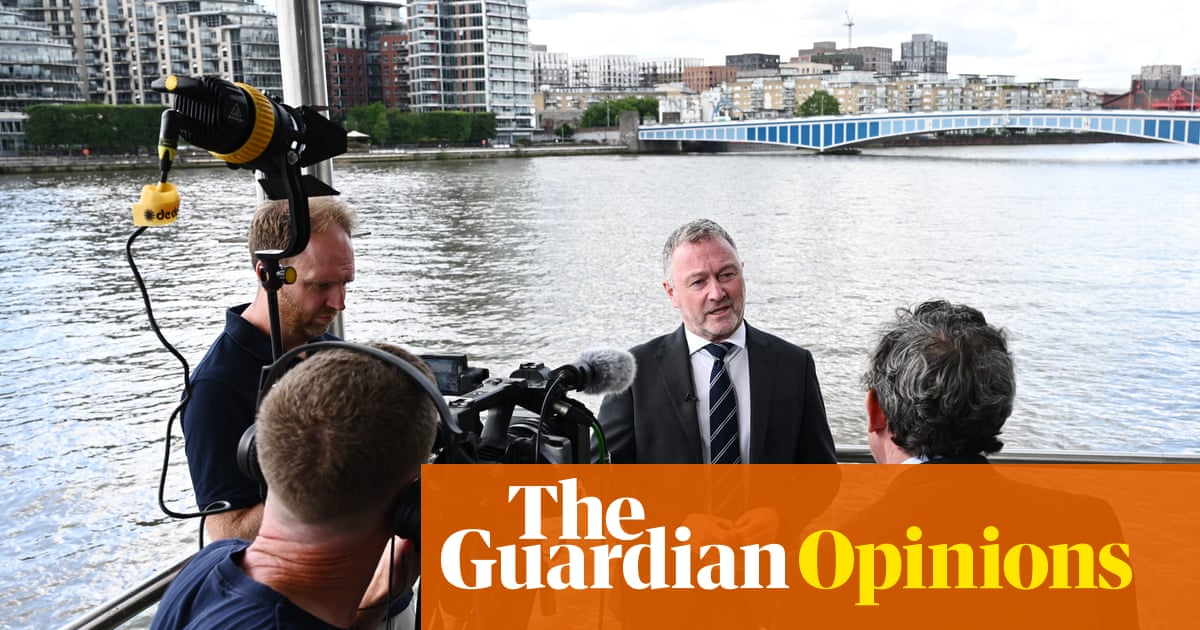
"Labour could have chosen the public interest over the profit motive when reorganizing the water industry in England and Wales. Despite polling showing support for publicly owned water companies, the government ruled out reversing the 1989 water privatization."
"No other European government has offloaded vital infrastructure like pipes and reservoirs, allowing investors to extract wealth through debt. This approach has created regional monopolies that fail to fulfill basic responsibilities."
"The report issued by Sir Jon Cunliffe may improve regulation, but failing to reconsider public ownership limits potential solutions in addressing growing pressures on water supply and environmental challenges."
"Thames Water is in danger of ending up in special administration due to its vast debt, reflecting poor stewardship and the need for a long-term solution to public control."
Labour faced a decision regarding the reorganization of the water industry in England and Wales, ultimately prioritizing profit motives. Polling indicated support for publicly owned water companies, yet the government excluded reversing the 1989 privatization. Instead, they commissioned Sir Jon Cunliffe to provide regulatory recommendations. This decision neglects the issue of ownership and overlooks how privatisation led to regional monopolies and poor service. Growing water supply pressures and environmental instability highlight the necessity of prioritizing human needs. Thames Water's potential administration due to debt illustrates the crisis that demands serious consideration of public stewardship.
Read at www.theguardian.com
Unable to calculate read time
Collection
[
|
...
]